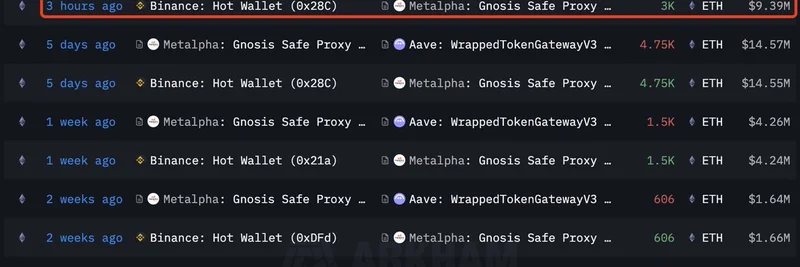In the ever-evolving landscape of cryptocurrency, security remains a cornerstone of trust and functionality. EvilCos, a prominent figure in the security domain, recently shed light on some of the more nefarious practices through a post on X. This article will unpack the content of that post, offering insights into how users can protect themselves in this digital frontier.
Phishing Techniques in Crypto
The post by EvilCos touches on various phishing methods used to compromise cryptocurrency wallets. Phishing in crypto often involves tricking users into revealing their private keys or signing malicious transactions. Here are some key points:
Address Spoofing: Scammers create addresses that look very similar to legitimate ones, often differing by just a few characters. Always double-check wallet addresses before sending funds.
Fake Smart Contracts: These can trick users into approving transactions that drain their wallets. EvilCos emphasizes the importance of understanding what you're signing through smart contracts.
Social Engineering: Hackers might impersonate support staff from exchanges or wallet services to gain access to your accounts. Verify the identity of anyone asking for sensitive information.
Protecting Your Crypto Assets
To safeguard your digital assets, consider these strategies:
Use Hardware Wallets: These keep your private keys offline, significantly reducing the risk of online hacks.
Two-Factor Authentication (2FA): Enable 2FA wherever possible to add an extra layer of security to your accounts.
Educate Yourself: Understanding common scams and how they operate can be your best defense. Websites like CypherHunter offer resources and news on blockchain security.
Check for Updates: Regularly update your software and wallet applications to patch known vulnerabilities.
Community and Collective Security
EvilCos's work also highlights the community aspect of security in the crypto world. Here's how you can contribute or benefit from collective security:
Report Suspicious Activities: If you encounter or suspect phishing attempts, report them to the platform where they occurred. This helps in protecting others.
Open-Source Contributions: By participating in or supporting open-source security projects, you can help improve the overall security ecosystem.
Stay Informed: Follow security experts like EvilCos on platforms like X to stay updated on the latest threats and security practices.
Conclusion
The security of your cryptocurrency is as much about vigilance and education as it is about technology. EvilCos's post serves as a reminder of the sophisticated threats in the crypto space and the continuous need for education and awareness. By following these tips and staying informed, you can better navigate the secure path in the blockchain world.



